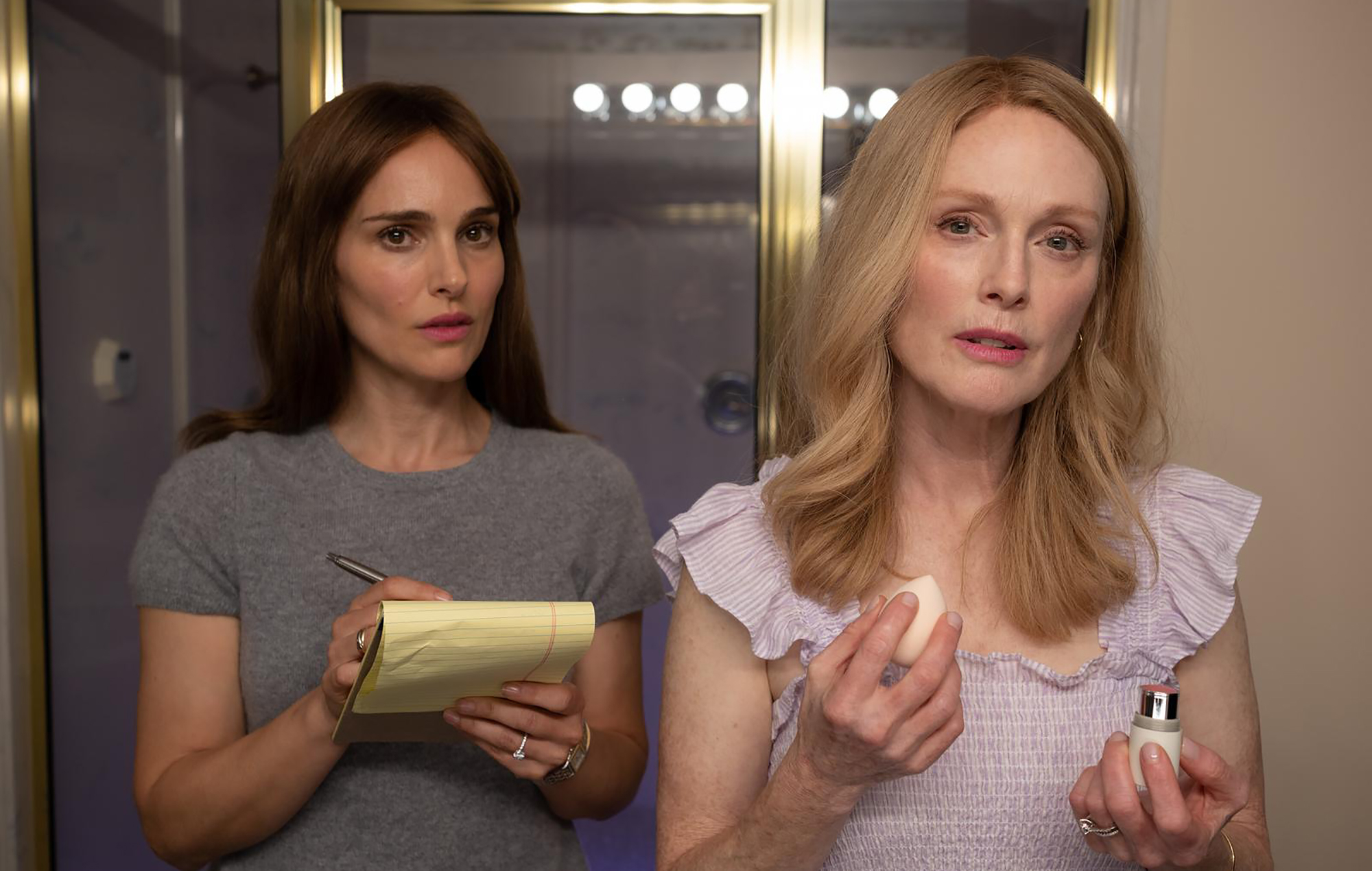Todd Haynes: “no doubt” Greta Gerwig saw my banned ‘Barbie’ film
American director Todd Haynes was one of the first filmmakers to experiment with Barbie dolls on-screen, releasing his 1987 art school project Superstar: The Karen Carpenter Story 36 years before Greta Gerwig’s blockbuster phenomenon.
A 43-minute short film made at Bard College in New York State, Superstar depicts scenes from the life of the 1970s pop star using the children’s toys instead of real-life actors.
Charting the rise and fall of Carpenter, who died from the eating disorder anorexia nervosa in 1983, Haynes’ controversial film uses the stick-thin dolls to emphasise Carpenter’s frailty and was banned after a copyright claim from the Carpenter estate. It contains uncleared Carpenters tracks throughout and also makes claims about the sexuality of Karen’s brother Richard.
Superstar has become a cult curio since then and Haynes, though he hasn’t seen Barbie, told NME in an exclusive interview that he’s pretty sure Gerwig is familiar with it.
“I love Greta Gerwig. I’m such a huge fan. And I have no doubt in my mind that she knows my film Superstar quite well,” he said. “It’s just a pretty well-known movie. Even though it’s banned, it’s a movie that a lot of people, especially her age, [would have seen]… If you went through feminist film studies… most likely somebody showed it to you at some point. So I’d be kind of surprised if she hadn’t seen it but I haven’t had this conversation [with her].”

Haynes is currently promoting his latest project, the award-winning psychological comedy drama May December. Starring Natalie Portman as an actress researching her next role as the subject of a tabloid sex scandal, played by Julianne Moore, Haynes’ movie has been described as “a strange film… veering between black comedy and zoned-out melodrama”. Haynes said Portman was interested in how people would react to her character, Elizabeth, who is deliberately confrontational and provocative when visiting the family of the woman she is booked to portray.
“[Natalie] didn’t really do research,” he said. “She was sort of mischievously interested… in what people might project onto the character… She wants to entice people and confuse and confound them that way. So everything about how the script does that to you, how the movie does that to you, is what excited her initially when she read it.”
For the film’s music, Haynes turned to 1971 romance The Go-Between and Michel Legrand’s haunting score. “I saw it when I was a kid… but it had fallen out of circulation,” he said, “and last year I was watching it on [broadcast channel] Turner Classic movies in the United States… I felt like someone just slapped me across the face. I thought, ‘Wow, that’s the kind of music that May December could make use of.”
Haynes immediately called his composer, Marcelo Zarvos, and told him about The Go-Between‘s music and they ended up playing the music on set to create an atmosphere that would help the actors get into character. “I’d never done this before in my life,” said Haynes. It worked so well that they ended up using the score as a recurring motif in the final cut of the film. “It breaks every rule of what scores are supposed to be,” he added.
‘May December’ is in cinemas now and and on Sky Cinema from December 8
